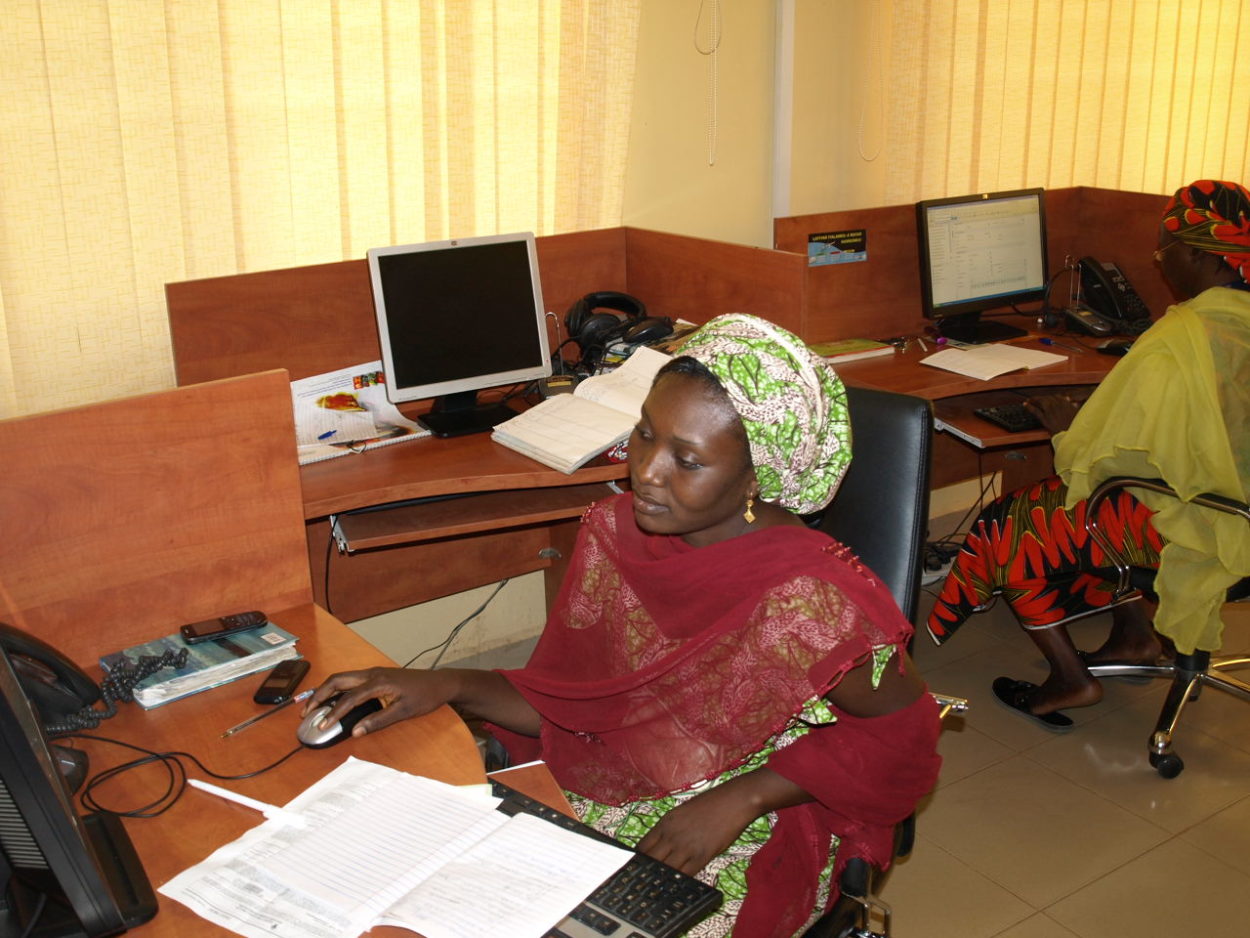Back in 2009, the Bill & Melinda Gates Foundation in Seattle developed a new strategy for the coming years, outlining how they might achieve...
Deprecated: Function get_page_by_title is
deprecated since version 6.2.0! Use WP_Query instead. in
/var/www/vhosts/ideas.lshtm.ac.uk/httpdocs/wp-includes/functions.php on line
6114
Ethiopia
Deprecated: Function get_page_by_title is
deprecated since version 6.2.0! Use WP_Query instead. in
/var/www/vhosts/ideas.lshtm.ac.uk/httpdocs/wp-includes/functions.php on line
6114
General
Deprecated: Function get_page_by_title is
deprecated since version 6.2.0! Use WP_Query instead. in
/var/www/vhosts/ideas.lshtm.ac.uk/httpdocs/wp-includes/functions.php on line
6114
India
Deprecated: Function get_page_by_title is
deprecated since version 6.2.0! Use WP_Query instead. in
/var/www/vhosts/ideas.lshtm.ac.uk/httpdocs/wp-includes/functions.php on line
6114
Nigeria
Deprecated: Function get_page_by_title is
deprecated since version 6.2.0! Use WP_Query instead. in
/var/www/vhosts/ideas.lshtm.ac.uk/httpdocs/wp-includes/functions.php on line
6114
Deprecated: Function get_page_by_title is
deprecated since version 6.2.0! Use WP_Query instead. in
/var/www/vhosts/ideas.lshtm.ac.uk/httpdocs/wp-includes/functions.php on line
6114
Fostering innovation sustainability
Deprecated: Function get_page_by_title is
deprecated since version 6.2.0! Use WP_Query instead. in
/var/www/vhosts/ideas.lshtm.ac.uk/httpdocs/wp-includes/functions.php on line
6114
Improving measurement
Deprecated: Function get_page_by_title is
deprecated since version 6.2.0! Use WP_Query instead. in
/var/www/vhosts/ideas.lshtm.ac.uk/httpdocs/wp-includes/functions.php on line
6114
Supporting local decision-making
Deprecated: Function get_page_by_title is
deprecated since version 6.2.0! Use WP_Query instead. in
/var/www/vhosts/ideas.lshtm.ac.uk/httpdocs/wp-includes/functions.php on line
6114
Tracking progress
Deprecated: Function get_page_by_title is
deprecated since version 6.2.0! Use WP_Query instead. in
/var/www/vhosts/ideas.lshtm.ac.uk/httpdocs/wp-includes/functions.php on line
6114
Understanding quality improvement
Deprecated: Function get_page_by_title is
deprecated since version 6.2.0! Use WP_Query instead. in
/var/www/vhosts/ideas.lshtm.ac.uk/httpdocs/wp-includes/functions.php on line
6114
Behaviour change
Deprecated: Function get_page_by_title is
deprecated since version 6.2.0! Use WP_Query instead. in
/var/www/vhosts/ideas.lshtm.ac.uk/httpdocs/wp-includes/functions.php on line
6114
Capacity strengthening
Deprecated: Function get_page_by_title is
deprecated since version 6.2.0! Use WP_Query instead. in
/var/www/vhosts/ideas.lshtm.ac.uk/httpdocs/wp-includes/functions.php on line
6114
Context
Deprecated: Function get_page_by_title is
deprecated since version 6.2.0! Use WP_Query instead. in
/var/www/vhosts/ideas.lshtm.ac.uk/httpdocs/wp-includes/functions.php on line
6114
Economics
Deprecated: Function get_page_by_title is
deprecated since version 6.2.0! Use WP_Query instead. in
/var/www/vhosts/ideas.lshtm.ac.uk/httpdocs/wp-includes/functions.php on line
6114
Evaluation methods
Deprecated: Function get_page_by_title is
deprecated since version 6.2.0! Use WP_Query instead. in
/var/www/vhosts/ideas.lshtm.ac.uk/httpdocs/wp-includes/functions.php on line
6114
Evidence for policy and practice
Deprecated: Function get_page_by_title is
deprecated since version 6.2.0! Use WP_Query instead. in
/var/www/vhosts/ideas.lshtm.ac.uk/httpdocs/wp-includes/functions.php on line
6114
Implementation projects
Deprecated: Function get_page_by_title is
deprecated since version 6.2.0! Use WP_Query instead. in
/var/www/vhosts/ideas.lshtm.ac.uk/httpdocs/wp-includes/functions.php on line
6114
Implementation strength
Deprecated: Function get_page_by_title is
deprecated since version 6.2.0! Use WP_Query instead. in
/var/www/vhosts/ideas.lshtm.ac.uk/httpdocs/wp-includes/functions.php on line
6114
Intervention coverage
Deprecated: Function get_page_by_title is
deprecated since version 6.2.0! Use WP_Query instead. in
/var/www/vhosts/ideas.lshtm.ac.uk/httpdocs/wp-includes/functions.php on line
6114
Local data use
Deprecated: Function get_page_by_title is
deprecated since version 6.2.0! Use WP_Query instead. in
/var/www/vhosts/ideas.lshtm.ac.uk/httpdocs/wp-includes/functions.php on line
6114
Research findings
Deprecated: Function get_page_by_title is
deprecated since version 6.2.0! Use WP_Query instead. in
/var/www/vhosts/ideas.lshtm.ac.uk/httpdocs/wp-includes/functions.php on line
6114
Scale-up

